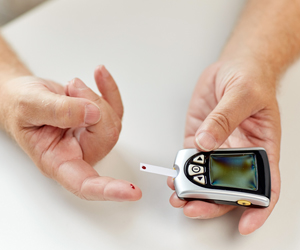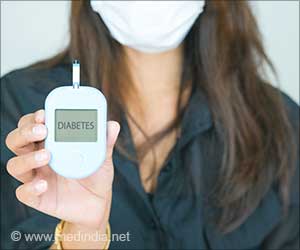
Trang T. Ly, M.B.B.S., D.C.H., F.R.A.C.P., of the Princess Margaret Hospital for Children, Perth, Australia, and colleagues randomized 95 patients with type 1 diabetes, average age 19 and recruited from December 2009 to January 2012 in Australia to standard insulin pump therapy (n = 49) or low-glucose triggered automated insulin suspension (n = 46) for 6 months. The researchers selected patients with impaired awareness of hypoglycemia because they are at significantly higher risk of experiencing hypoglycemic events. Approximately one-third of patients with type 1 diabetes have evidence of impaired hypoglycemia awareness.
The researchers found that sensor-augmented pump therapy with low-glucose triggered automated insulin suspension reduced the combined rate of severe and moderate hypoglycemia in patients with type l diabetes. After 6 months of treatment and controlling for the baseline hypoglycemia rate, the number of severe and moderate hypoglycemia events in the low-glucose suspension group decreased from 175 to 35, whereas the number of events decreased from 28 to 16 in the pump-only group. Analysis of the data indicated that the adjusted incidence rate of hypoglycemia was lower for the low-glucose suspension group than for the pump-only group.
"These findings suggest that automated insulin suspension can reduce the incidence of hypoglycemic events in those most at risk, that is, those with impaired awareness of hypoglycemia," the authors write.
Editor's Note: This study was partly funded by the Juvenile Diabetes Research Foundation. Insulin pumps and glucose sensors were provided by Medtronic via an unrestricted grant. Please see the article for additional information, including other authors, author contributions and affiliations, financial disclosures, etc.
Editorial: Insulin Pump Therapy With Automated Insulin Suspension
Advertisement
"These data can now be used to evaluate the health economic benefits of this therapy and also can be used by clinicians, payers, and regulatory authorities to help make this therapy and technology more widely available to patients who struggle daily with hypoglycemia."
Advertisement













